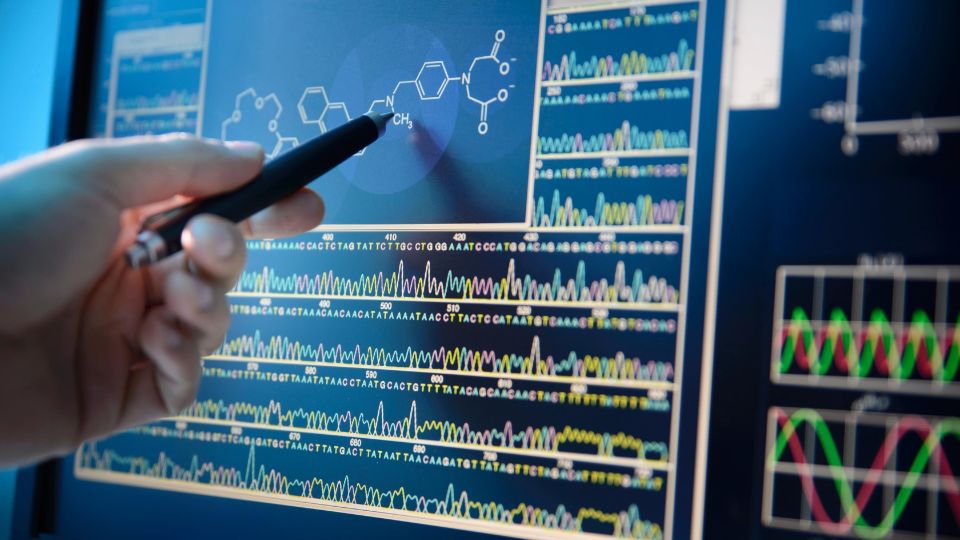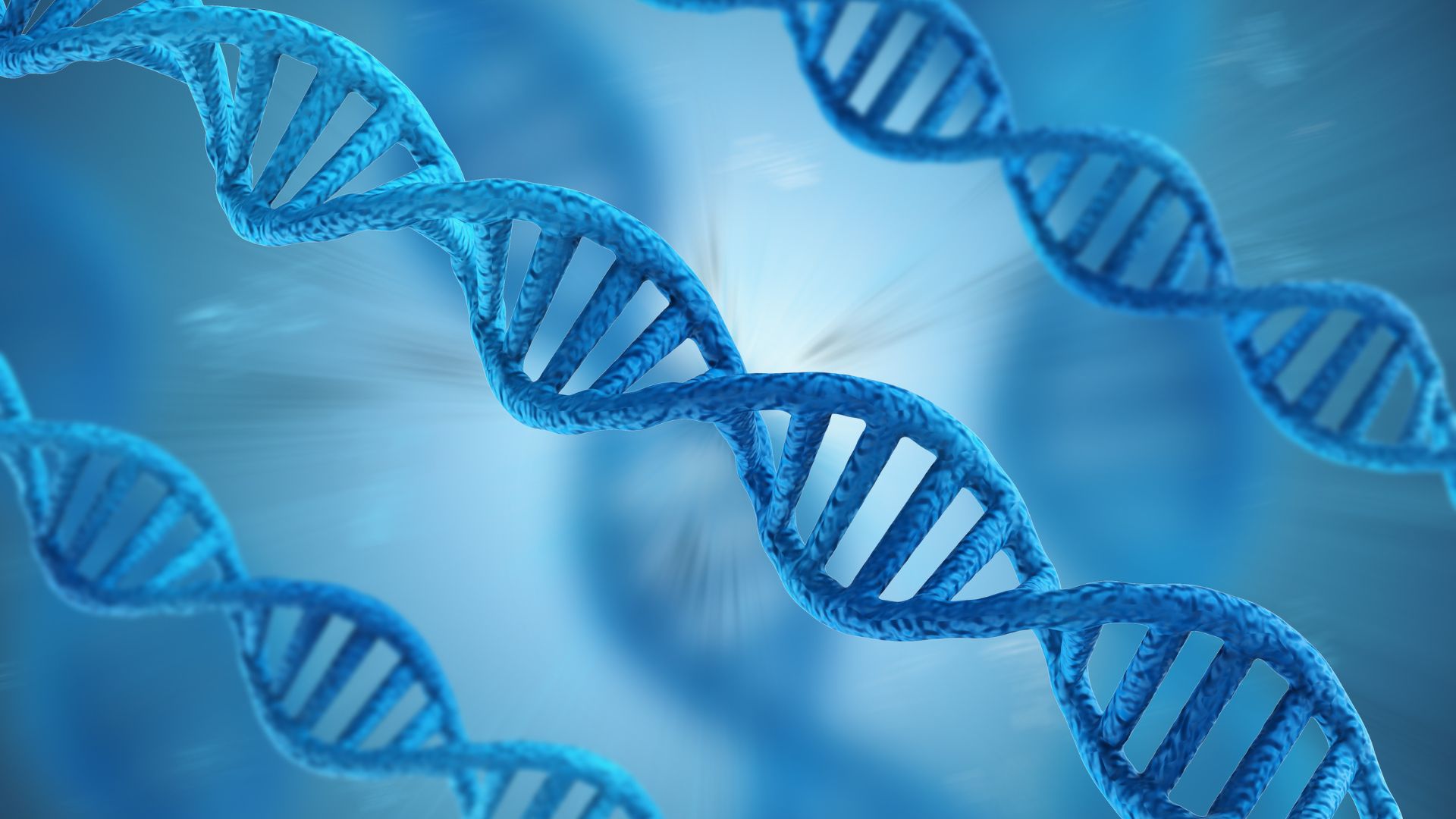At Delta4, we leverage multi-omics data to identify novel drug repurposing opportunities by uncovering molecular similarities between diseases and existing drugs. This integrative approach holds promise for accelerating the development of effective treatment strategies across rare and complex conditions.
What is Omics Data?
Omics data refers to comprehensive datasets that capture various types of molecular information within biological systems. These data types are generated through high-throughput techniques and provide a holistic view of the molecules that constitute cells, tissues, or organisms. Omics data is integral to understanding the complex interactions and functions of biological systems and plays a pivotal role in modern biomedical research and drug discovery.
The Power of Multi-Omics Data
Public and Private Data Sources
Researchers can utilize data generated specifically along their translational process. Additionally, the vast amount of omics data deposited in publicly available multi-omics domains can be used for disease research, diagnostics, and treatment development. Valuable repositories include GEO, EBI, HPA, and PRIDE.
Types of Omics Data
Genomics, transcriptomics, proteomics, metabolomics, and epigenomics data play pivotal roles in exploring the drug discovery landscape.
Genomics
- Definition: The study of an organism’s complete set of DNA, including all of its genes and their function.
- Applications: Identifying genetic variations, understanding hereditary diseases, exploring genetic predispositions to certain conditions, and indicating potential responders to the treatment.
Transcriptomics
- Definition: The study of the RNA transcripts produced by the genome under specific circumstances or in specific cells.
- Applications: Understanding gene expression patterns, identifying differentially expressed genes in diseases, and exploring cellular responses to various treatments.

Proteomics
- Definition: The large-scale study of proteins, including their structures and functions.
- Applications: Identifying protein biomarkers for diseases, understanding protein-protein interactions, and exploring the effects of drugs on protein expression.
Metabolomics
- Definition: The study of small molecules, or metabolites, within cells, tissues, or organisms.
- Applications: Exploring metabolic pathways, identifying biomarkers for diseases, and understanding the metabolic impacts of drugs and treatments.
Epigenomics
- Definition: The study of chemical modifications to the DNA and histone proteins that regulate gene expression without altering the DNA sequence.
- Applications: Understanding gene regulation, exploring the impacts of environmental factors on gene expression, and studying changes associated with diseases.
Importance in Drug Discovery:
Omics data provides a detailed and comprehensive picture of the molecular mechanisms underlying diseases and the effects of treatments. By integrating various types of omics data, researchers can:
- Repurpose Existing Drugs: Find new therapeutic uses for approved drugs by identifying molecular similarities between different diseases.
- Identify and Validate Drug Targets: Discover novel molecules or pathways involved in diseases that can be targeted by new or existing drugs.
- Prioritize Drug Targets: Prioritize the most promising drug targets based on their potential impact and feasibility.
- Understand Mechanisms of Action: Elucidate how drugs affect biological systems at a molecular level, helping to optimize treatment strategies.
- Discover Biomarkers: Identify molecular markers that can be used for disease diagnosis, prognosis, and monitoring treatment responses.
- Personalize Medicine: Tailor treatments to individual patients based on their unique molecular profiles, enhancing efficacy and reducing adverse effects.
The integration of diverse types of omics data provides a holistic view of drugs and diseases’ mechanisms of action, serving as the basis for successful drug repurposing. This approach can disclose new therapeutic areas for existing drugs and significantly reduce the time and costs associated with drug development. Delta4 leverages multi-omics data to uncover novel drug repurposing opportunities and accelerate the development of effective treatment strategies for complex and rare conditions.

Advanced Analytical Techniques
Machine Learning and AI
Advanced ML and AI algorithms analyze large omics datasets, including gene expression, mutation frequency, and network connectivity, to predict drug-disease relationships and potential repurposing candidates by recognizing complex patterns and correlations.
Practical Applications
Analyzing gene expression data from affected and unaffected tissues can elucidate dysregulated pathways, highlighting drugs that modulate these pathways in other conditions as potential repurposing candidates. Genomic data helps identify genetic variants and mutations associated with diseases, often highlighting genes and pathways critical in disease mechanisms.
Omics Data Revolutionizing Research
Omics data have revolutionized biological and medical research. Continued advancements in their collection, storage, analysis, and availability will further enhance drug discovery by building comprehensive models of drug and disease mechanisms. This enables researchers to identify and validate the most promising therapeutic targets.
Delta4’s Expertise and Tools
Hyper-C Platform
Delta4’s Hyper-C platform capitalizes on the efficiency and reliability of RDBMS to ingest, harmonize, and manage a broad spectrum of data sources, creating a solid, unwavering data layer.
Hyper-KG Platform
Our cutting-edge product, Hyper-KG, leverages graph databases to navigate complex relationships, unravel hidden patterns, and empower AI tasks efficiently.
Conclusion
Combining and interpreting diverse omics datasets remains complex and requires robust computational tools and methodologies. At Delta4, our computational biology team incorporates multi-omics data into our platforms, enabling accurate exploration of the drug repurposing field by providing valuable insights into drug-disease interactions.
As we continue to refine our techniques and expand our datasets, the potential for groundbreaking discoveries grows exponentially. The integration of machine learning and AI further enhances our ability to identify novel therapeutic targets and repurpose existing drugs, offering hope for faster and more cost-effective treatments for complex and rare conditions.
Looking ahead, the future of drug discovery is bright. Delta4 is committed to leveraging the latest technologies and scientific insights to transform the landscape of drug discovery. Our dedication to integrating multi-omics data into our research and development processes positions us at the forefront of innovation, paving the way for new therapeutic breakthroughs. Together, we can look forward to a future where effective treatments for complex diseases are discovered more efficiently, bringing renewed hope to patients worldwide.

Publicly Available Omics Data Domains
Transcriptomics
- Gene Expression Omnibus (GEO)
- GTEx
- ArrayExpress
- The Cancer Genome Atlas (TCGA)
- The Encyclopedia of DNA Elements (ENCODE)
- The Human Protein Atlas (HPA)
- The Sequence Read Archive (SRA)
- The European Nucleotide Archive (ENA)
Genomics
Proteomics
Metabolomics
- Human Metabolome Database
- MetaboLights


